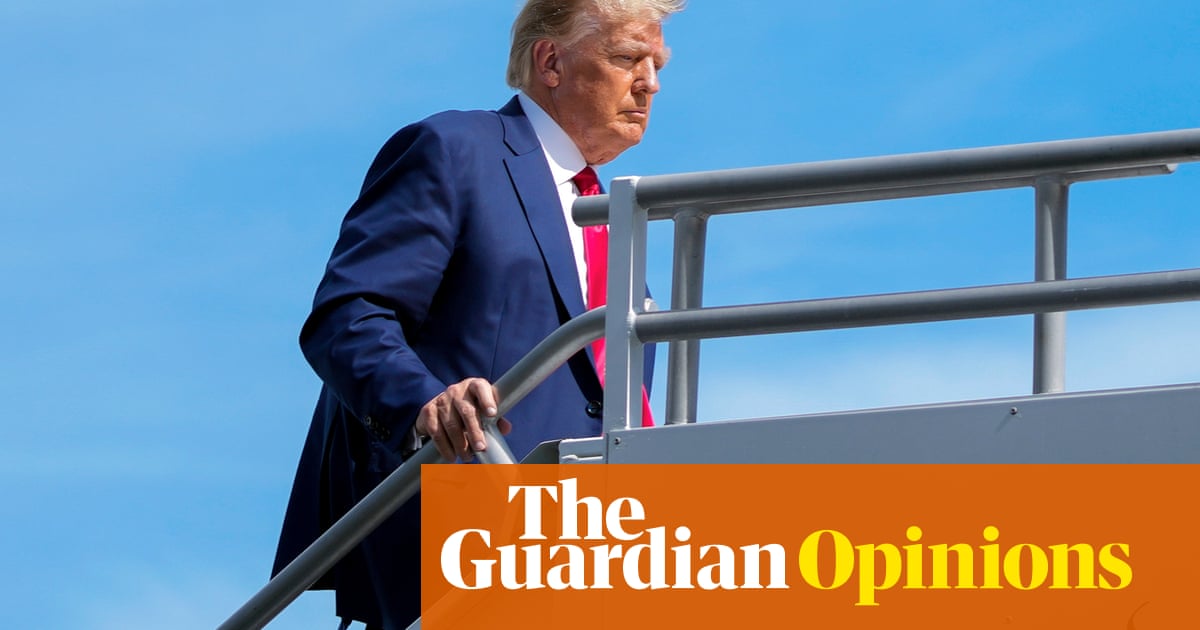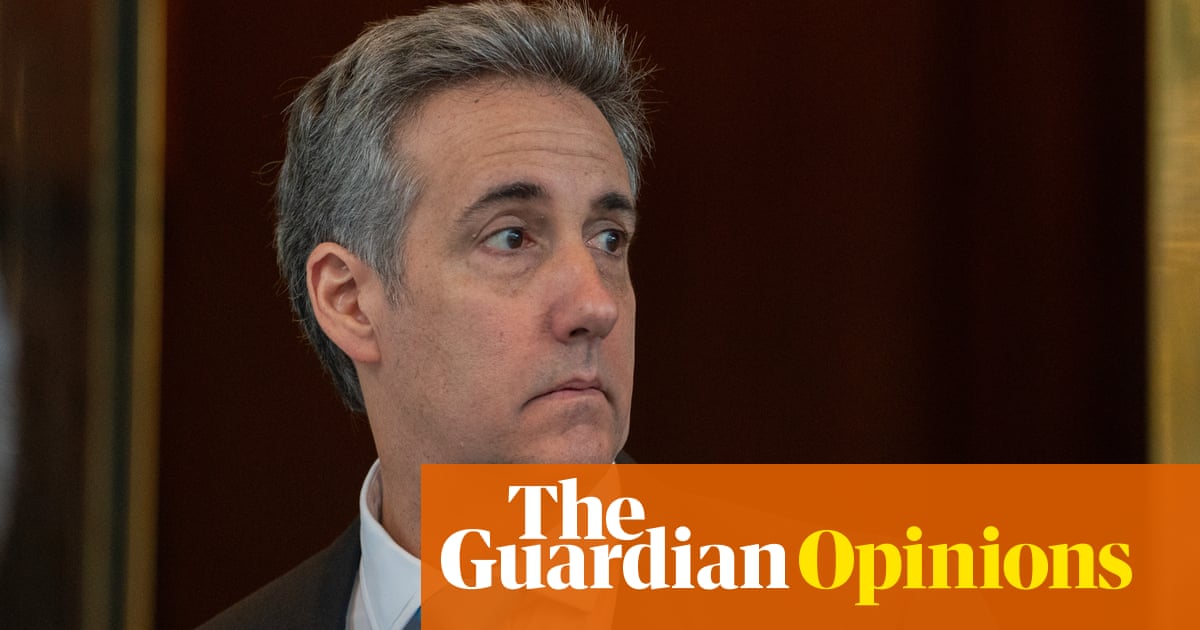
Amid the palm fronds and the red baseball caps, after a motorcade on a Florida highway and before a shameful fundraiser at a New Jersey golf resort, the moment finally arrived.
Donald Trump was arrested and formally charged with federal crimes – a first for an American former president. He was hit with 37 counts, to be precise, related to his retaining and failing to return the reams of sensitive classified documents that weren’t his to keep.
Naturally, Trump insisted on his innocence. “We most certainly enter a plea of not guilty,” his lawyer said in court on Tuesday afternoon.
Bizarre as this historic episode was, it also seemed familiar. There was Trump waving as he approached the federal courthouse in Miami, wearing his usual boxy blue suit and too-long red tie, after denying everything that is obvious and depicting himself as the aggrieved victim of a politicized system.
“I never thought it possible that such a thing could happen to a former President of the United States, who received far more votes than any sitting President in the history of our Country and is currently leading, by far, all Candidates, both Democrat and Republican, in Polls of the 2024 Presidential election,” he declared in one recent social media post, adding his trademark all-caps kicker: “I AM AN INNOCENT MAN.”
His self-defense, as usual, is not strong on logic.
Trump continually tries to draw a connection where there isn’t one: between being popular and being above the law. Maybe it works like that in authoritarian countries, but it’s not the American way.
His facts are twisted out of context, too. Recall that Trump lost the popular vote to Hillary Clinton in 2016; she had the largest popular vote margin of any losing presidential candidate in American history; and, of course, in 2020, Trump lost altogether – and decisively – to Joe Biden.
Tuesday’s day-long spectacle was inevitable. So was Trump’s victimized rhetoric – “I didn’t do anything wrong,” he insisted to one interviewer in recent days, even though we’ve all seen the images of sensitive documents sitting beneath a chandelier in a gaudy Mar-a-Lago bathroom.
And some of us have read the stunning indictment, more persuasive than even that damning photograph.
So stunning that even the longtime Trump loyalist, former attorney general Bill Barr, opined (on Fox News, no less) that he was “shocked by the degree of sensitivity of these documents and how many there were, frankly”.
Barr added, memorably, about the indictment, “If even half of it is true, he’s toast.”
Even the invertebrate South Carolina Republican senator, Lindsey Graham, expressed some mild misgivings when a reporter asked him if Trump might be at fault. “Most politicians get in trouble,” Graham allowed, “because of self-inflicted wounds.” It almost sounded like criticism; he’ll have to pay for that.
The spectacle, the lies, the whining – all predictable, and in some ways, meaningless. What matters is that, in a democracy, laws matter and they should apply to everyone.
And of course, it ought to be noted that, in practice, the rule of law doesn’t apply equally to everyone, as civil rights lawyer Alec Karakatsanis observed in an astringent Yale Law Journal piece a few years ago. He wrote about the US’s brutal “punishment bureaucracy” that unfairly disadvantages poor people and people of color – throwing them in prison for minor offenses, and making a mockery of the idealistic idea that our criminal justice system is objective.
Through that realistic lens, Trump is at a huge advantage in the justice system. With his array of lawyers, his deep pockets, his cult following, the federal judges he appointed, his ability to sway public opinion and his immense political power, he is light years from being a singled-out victim.
So yes, it’s heartening to see some modicum of the rule of law holding sway in Trump’s latest arrest. It’s encouraging to see the myriad ways that the legal system is beginning to catch up to him in New York, in Georgia and in Washington.
But justice for the lawless Trump has been far too long in coming. And who knows whether he really will be held responsible in the long run, or whether he’ll find a way, as usual, to escape accountability.
There’s really nothing for this former president and forever conman to cry about – except his own endless misdeeds, should he ever decide to cop to them.
Margaret Sullivan is a Guardian US columnist writing on media, politics and culture












